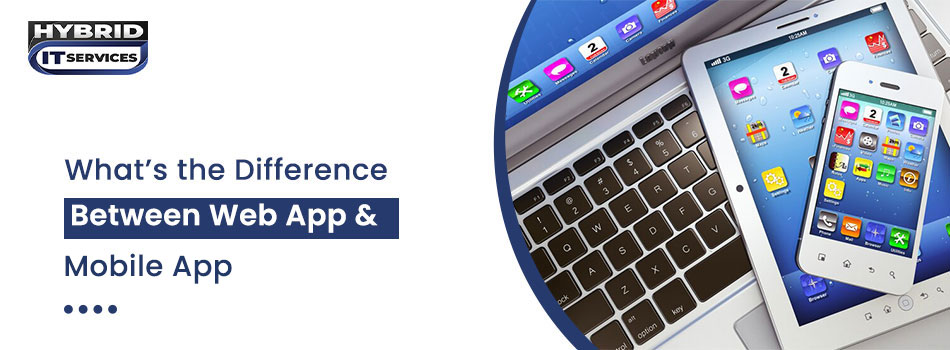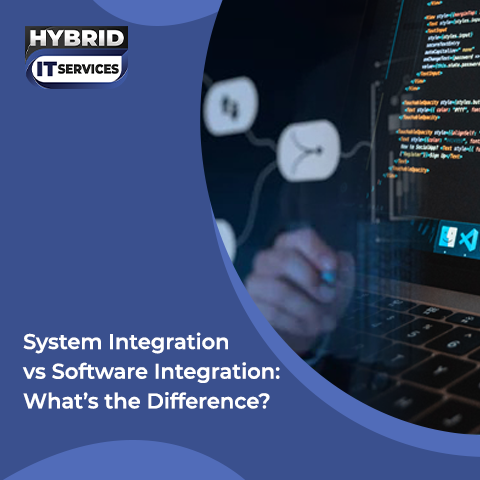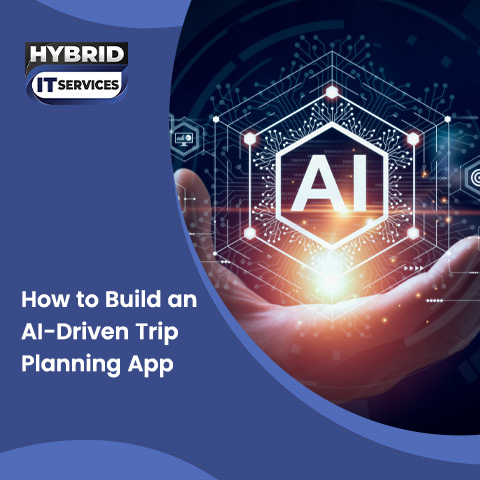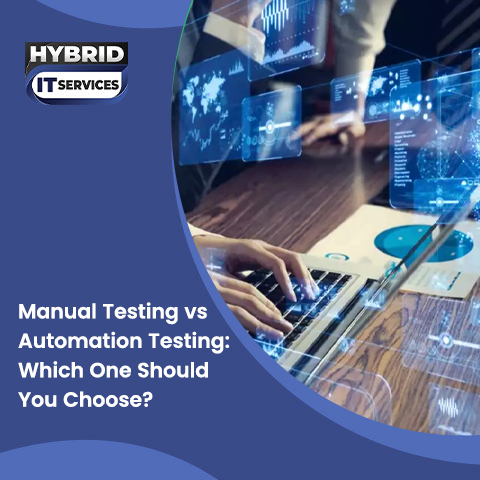In the rapidly evolving digital landscape, applications (or apps) have become a crucial component of daily life, aiding in everything from social networking to professional productivity. However, there's often confusion between two main types of apps: web apps and mobile apps. This comprehensive guide aims to elucidate the differences, benefits, and scenarios best suited for each type of app.
What is a Web App?
A web app is an application software that resides on remote servers and is delivered to the user's device over the internet via a web browser. Unlike traditional websites, which are largely static and provide information, web apps are dynamic and interactive, allowing users to perform a wide range of tasks.
Characteristics of Web Apps:
- Accessibility: Can be accessed from any device with a web browser and an internet connection.
- No Installation Required: Users do not need to download or install web apps, making them immediately usable.
- Cross-Platform Compatibility: Typically designed to work on any device regardless of the operating system.
- Dependent on Internet: Generally, require an internet connection to function optimally.
- Frequent Updates: Updates are made server-side, meaning users always access the latest version without needing to download updates.
Examples: Google Docs, Netflix, Facebook.
For more information on custom web app development, visit our Custom Web Development Services page.
What is a Mobile App?
A mobile app is a software application specifically designed to run on mobile devices such as smartphones and tablets. These apps must be downloaded and installed from an app store (like Apple's App Store or Google Play).
Characteristics of Mobile Apps:
- Device-Specific: Tailored to leverage the hardware and software features of specific devices (iOS, Android).
- Installation Required: Must be downloaded and installed on the user’s device.
- Offline Functionality: Can often be used without an internet connection once installed.
- Enhanced Performance: Generally, offers better performance and speed compared to web apps due to native optimization.
- User Engagement: Allows for push notifications and other engagement tools that are not possible with web apps.
Examples: Instagram, WhatsApp, Spotify.
For more details on mobile app development, check out our Custom Mobile App Development page.
Differences Between Mobile Apps and Web Apps
Development Environment and Tools:
Mobile Apps: Require platform-specific development environments. For iOS, developers use Xcode with Swift or Objective-C. For Android, Android Studio with Java or Kotlin is common. Hybrid mobile apps might use frameworks like React Native, Xamarin, or Flutter.
Web Apps: Developers use a broader range of tools and programming languages such as JavaScript, HTML5, CSS, PHP, Python, and Ruby. There’s greater flexibility in choosing tools based to the developers' familiarity and project requirements.
Programming Languages and Frameworks:
Mobile Apps: iOS (Swift, Objective-C), Android (Java, Kotlin), Hybrid (React Native, Xamarin, Flutter, Cordova).
Web Apps: JavaScript, HTML5, CSS, PHP, Python, Ruby.
Performance and Speed:
Mobile Apps: Generally faster and more responsive because they utilize device-specific resources and capabilities. They can function offline once downloaded, providing a seamless user experience.
Web Apps: Dependent on the internet connection and the web browser’s performance. They tend to be slower and may experience lags if the connection is weak.
User Experience and Engagement:
Mobile Apps: Offer a superior user experience through enhanced speed, performance, and the ability to use device-specific features such as the camera, GPS, and sensors. They can also send push notifications, which are crucial for user engagement.
Web Apps: While they offer broad accessibility, the user experience can vary significantly based on the browser and internet connection. They lack the capability to send push notifications directly.
Cost and Development Timeline:
Mobile Apps: Typically more expensive and time-consuming to develop, particularly if building separate versions for iOS and Android. However, hybrid apps and no-code platforms have reduced these barriers, making development faster and more cost-effective.
Web Apps: Generally cheaper and quicker to develop. They only need to be developed once and can be accessed across multiple platforms without modification.
Market Reach and Monetization Methods:
Mobile Apps: Available through app stores, which provide a direct channel to reach users but require adherence to store guidelines and policies. Easier to monetize through in-app purchases, subscriptions, and ads.
Web Apps: Accessible to anyone with an internet connection, offering a potentially wider audience. Monetization can be achieved through ads, subscriptions, and paywalls, but the process can have more friction compared to mobile apps.
Security:
Mobile Apps: Require robust security measures to protect user data, especially since they often access sensitive device features and data. Regular updates are necessary to address security vulnerabilities.
Web Apps: Also require strong security practices, particularly because they are accessed over the internet. However, security can be managed server-side, making it easier to deploy fixes.
Integration with Emerging Technologies:
Both mobile and web apps can integrate with emerging technologies via APIs (Application Programming Interfaces). This integration allows apps to communicate with other services and platforms, enhancing functionality and user experience.
For a comprehensive overview of application development services, visit our Application Development Services page.
Choosing Between Web App and Mobile App
The choice between developing a web app or a mobile app depends on various factors:
When to Choose a Mobile App:
- Your target audience primarily uses smartphones.
- You need to utilize device-specific features (camera, GPS, accelerometer).
- Offline access is essential.
- High user engagement and interaction are priorities.
- Monetization through in-app purchases and subscriptions is a key strategy.
When to Choose a Web App:
- Broad accessibility and reach are crucial.
- Budget and development time are constrained.
- You prefer easier deployment and maintenance.
- SEO and online presence are important for your business.
- Users need to access the app on various devices and platforms without installation.
Conclusion
Understanding the fundamental differences between web apps and mobile apps is essential for making informed decisions about app development. While mobile apps offer superior performance, user experience, and engagement, web apps provide broader accessibility, easier maintenance, and lower development costs. The best choice ultimately depends on your specific goals, target audience, and resource constraints.
Need expert advice on choosing the right app for your business? Consult with us today!






